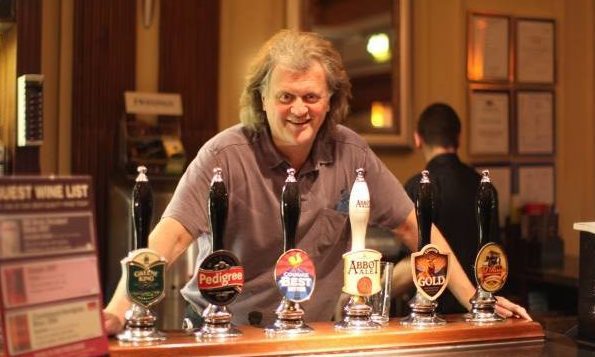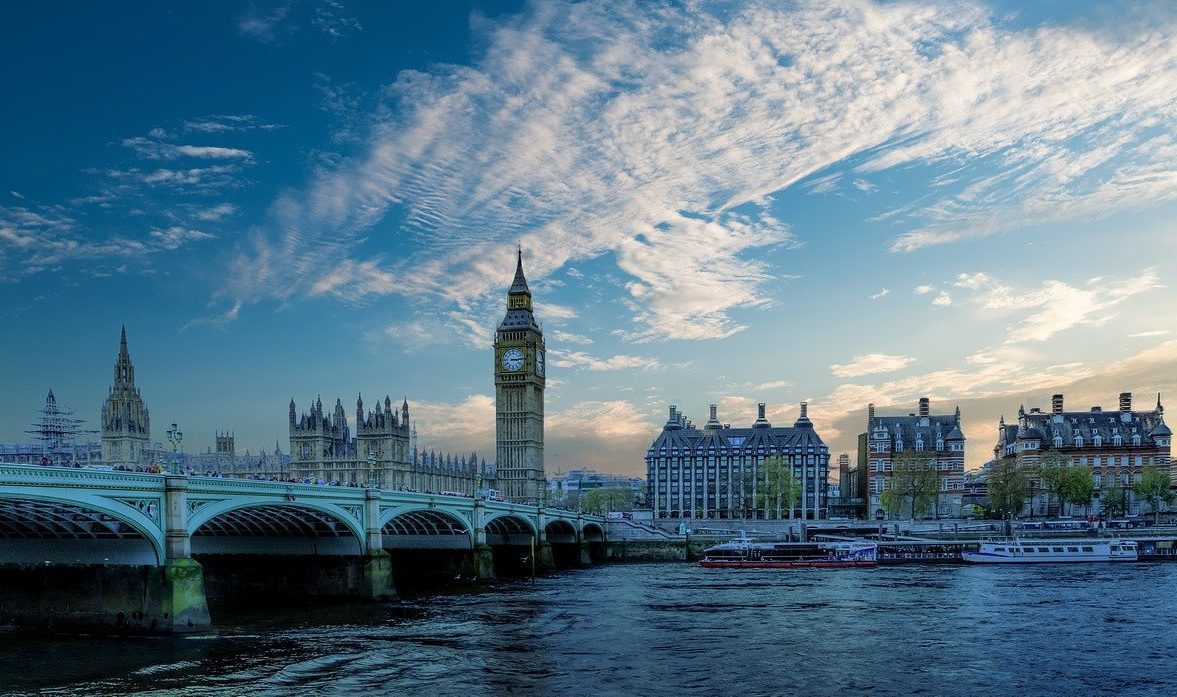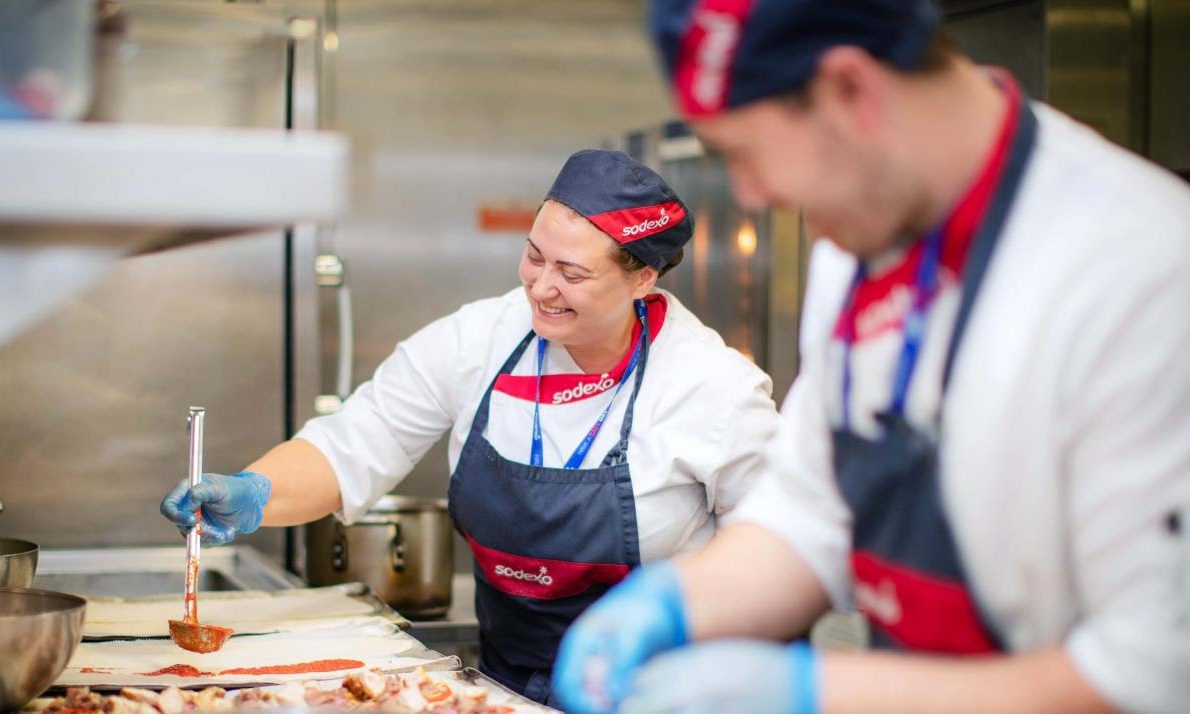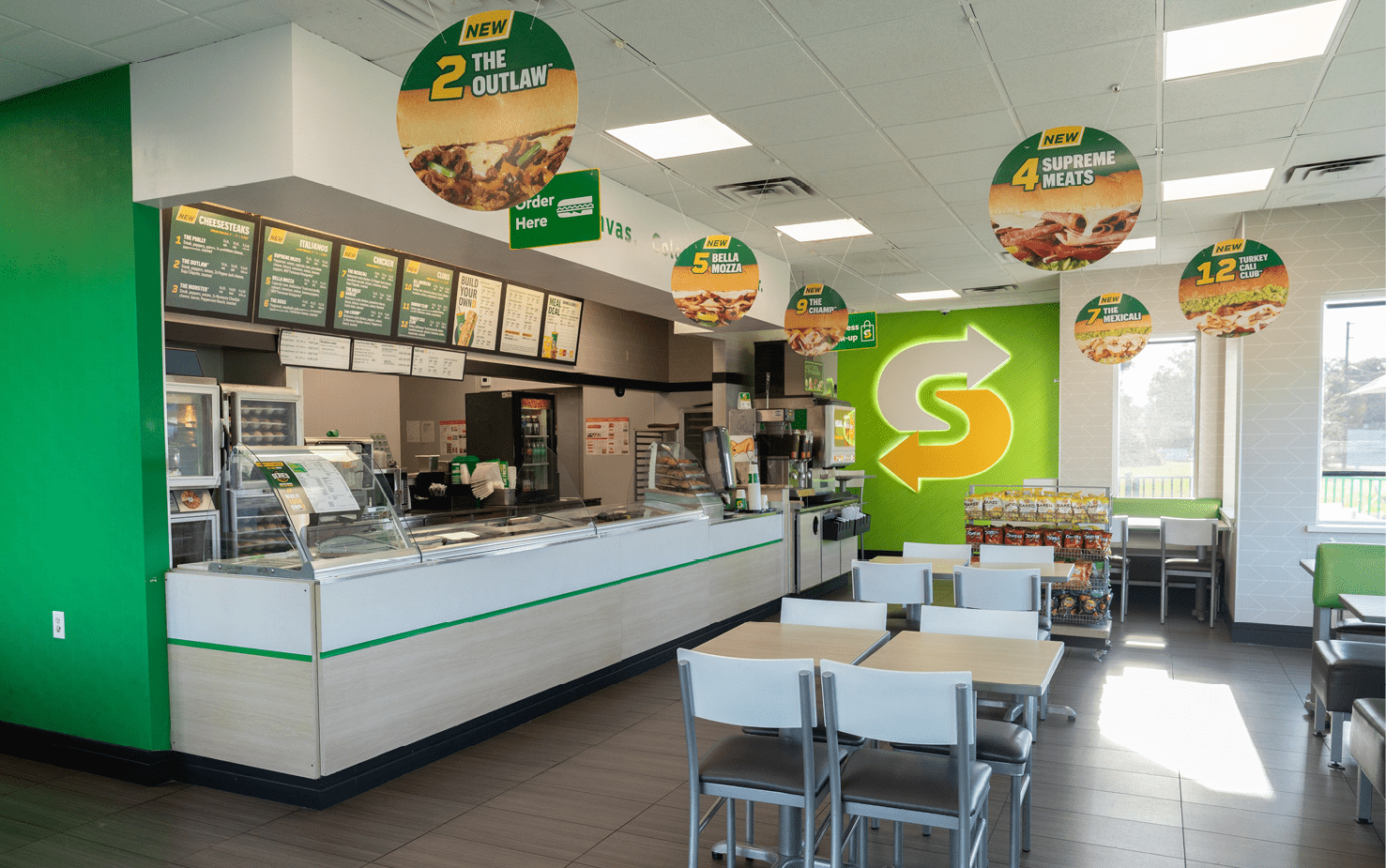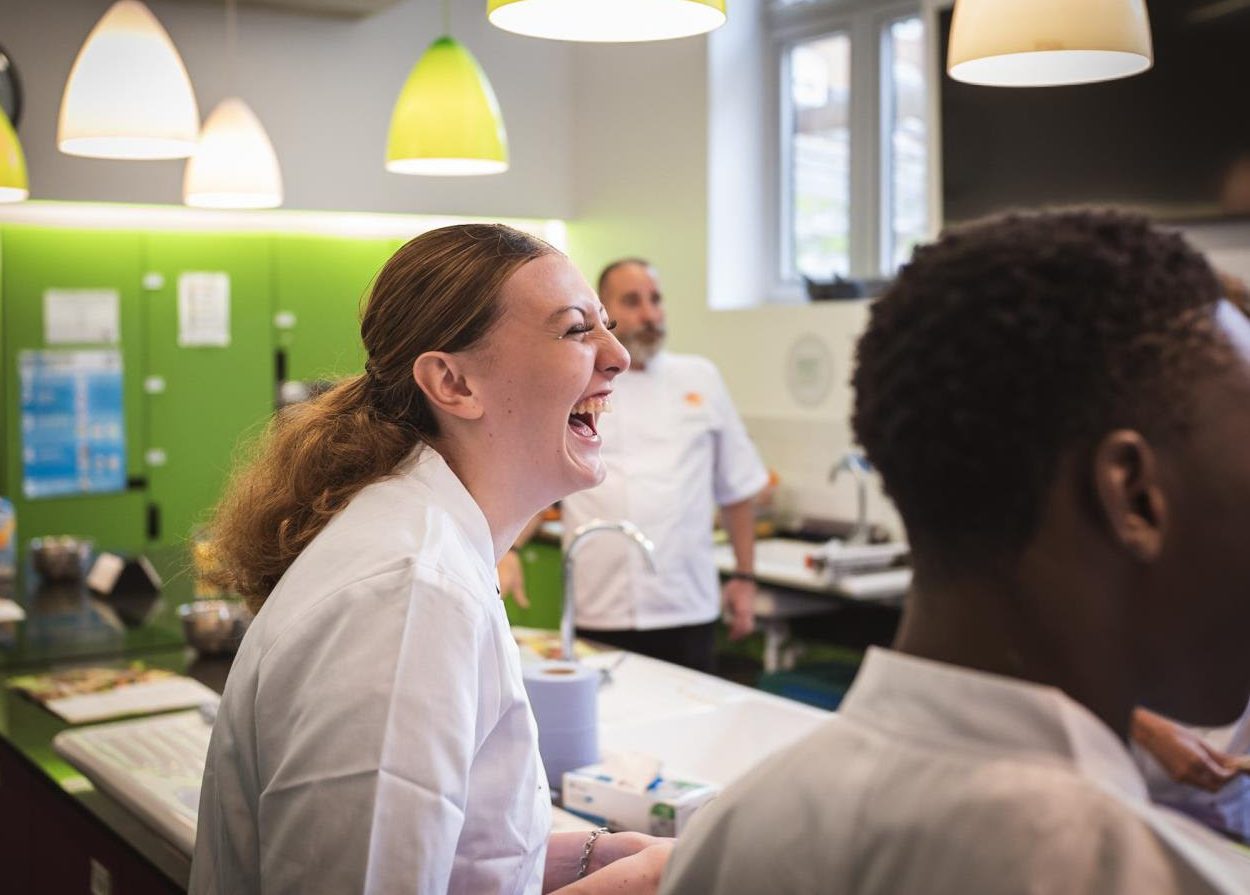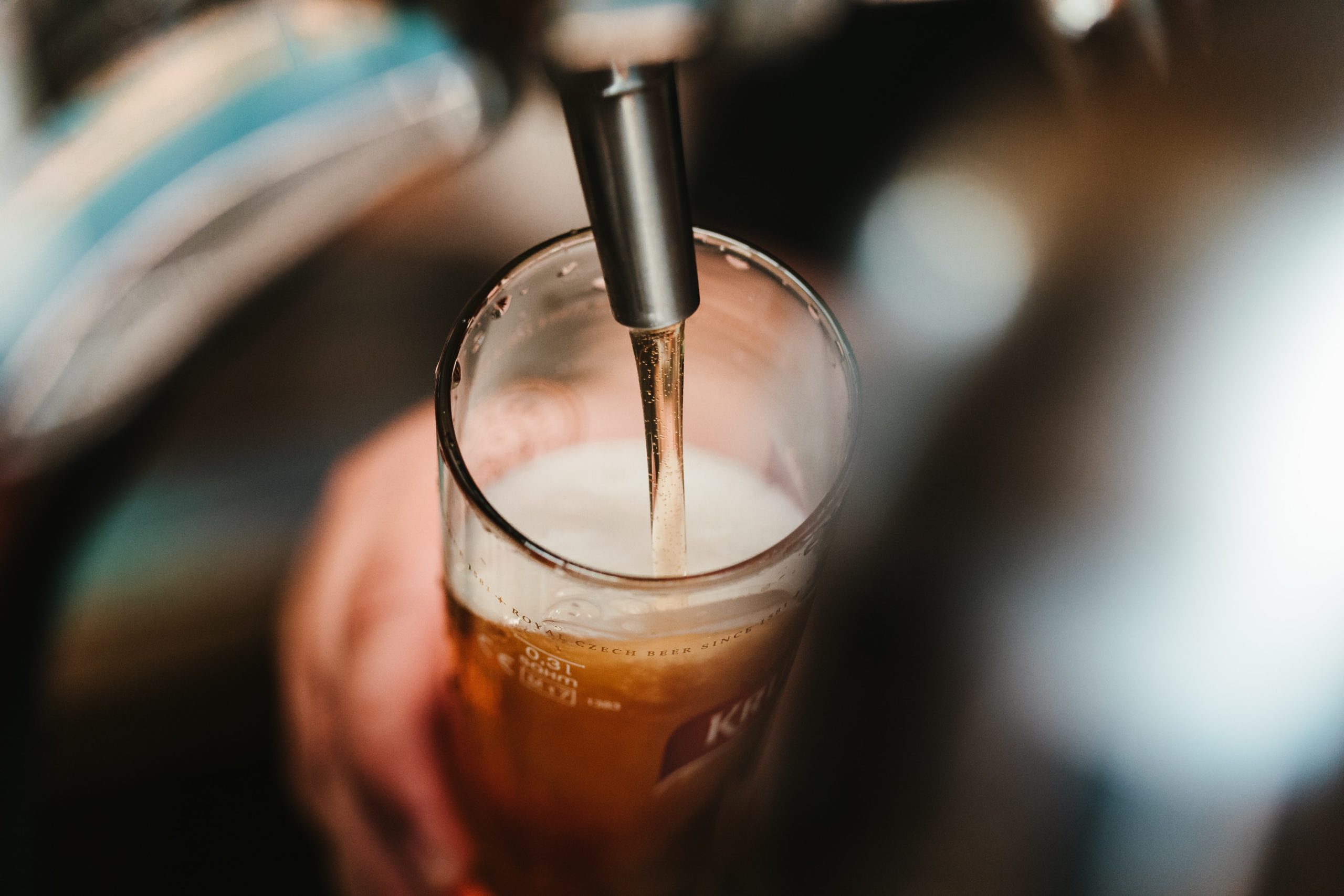Register to get 5 free articles
Reveal the article below by registering for our email newsletter.
Want unlimited access? View Plans
Already have an account? Sign in
Inflation slowed for the third consecutive month in January to 10.1%, down from 10.5% in December, but remains close to a near 40-year high.
According to the latest figures from the Office for National Statistics (ONS), on a monthly basis, inflation fell by 0.6% in January 2023, compared with a fall of 0.1% in January 2022.
The largest downward contribution to the change between December 2022 and January 2023 came from transport (particularly passenger transport and motor fuels), and restaurants and hotels, with rising prices in alcoholic beverages and tobacco partially offsetting upward contribution to the change.
The annual inflation rate for transport was 3.4% in January 2023, down for a seventh consecutive month from a peak of 15.2% in June 2022, and the lowest rate since February 2021.
Meanwhile, restaurant and hotel prices also contributed to the downward easing with prices increasing 10.8% in the year to January 2023, down from 11.4% in the year to December 2022 – which was the highest rate since the constructed historical estimate of 11.4% in September 1991, and which was last higher in August 1991, when it was 11.8%.
The effect came mainly from restaurant and café prices, which eased from 10.1% in the year to December 2022, to 9.4% in the year to January 2023.
In contrast, food inflation remained high at 16.7% in the year to January with the ONS describing the figure as one of the main drivers fuelling overall inflation.
ONS chief economist Grant Fitzner said: “Although still at a high level, inflation eased again in January. This was driven by the price of air and coach travel dropping back after last month’s steep rise. Petrol prices continue to fall and there was a dip in restaurant, café and takeaway prices. The cost of furniture decreased by more than this time last year, in line with traditional New Year discounting.
“These were offset by rising prices for alcohol and tobacco, following on from seasonal price cuts in December and a more subdued rise at the same time last year. There are further indications that costs facing businesses are rising more slowly, driven by falls in crude oil, electricity and petroleum prices. However, business prices remain high overall, particularly for steel and food products.”
Commenting on the figures UKHospitality, chief executive Kate Nicholls said that while the figures were “promising” it remains the case that “price rises continue to significantly hinder hospitality businesses”.
She said: “A drop in the cost of visiting venues in January is a clear reflection of venues squeezing every drop out of their margins in a bid to attract custom, in order to stay afloat after a Christmas hit by rail strikes and amid the annual New Year drop in consumer spend.
“The cost of energy alone is enough to keep much of the sector teetering at the cliff edge. The substantial reduction in energy support in April, as well as continued labour shortages, will increase the sector’s vulnerability, constrain growth and likely add to further price rises.”
She added: “This can be avoided if the chancellor takes action at the Budget, to tackle the root causes of inflation in hospitality, allowing the sector to help reduce inflation. Intervening in the energy market, reforming the Apprenticeship Levy and introducing a lower business rates multiplier for the sector are all measures that can see the sector tackle immediate challenges and rapidly deliver economic growth for the UK.”



